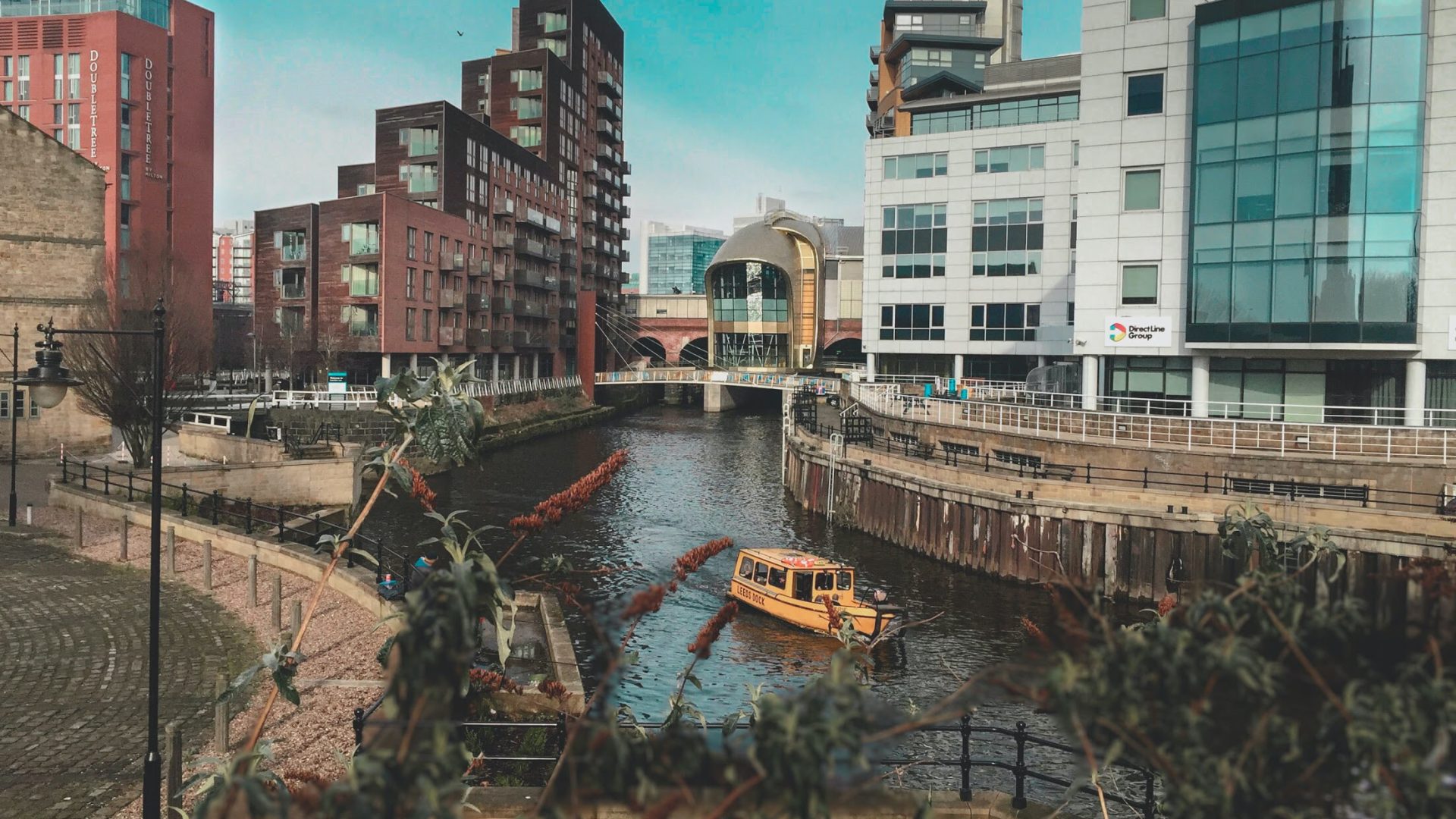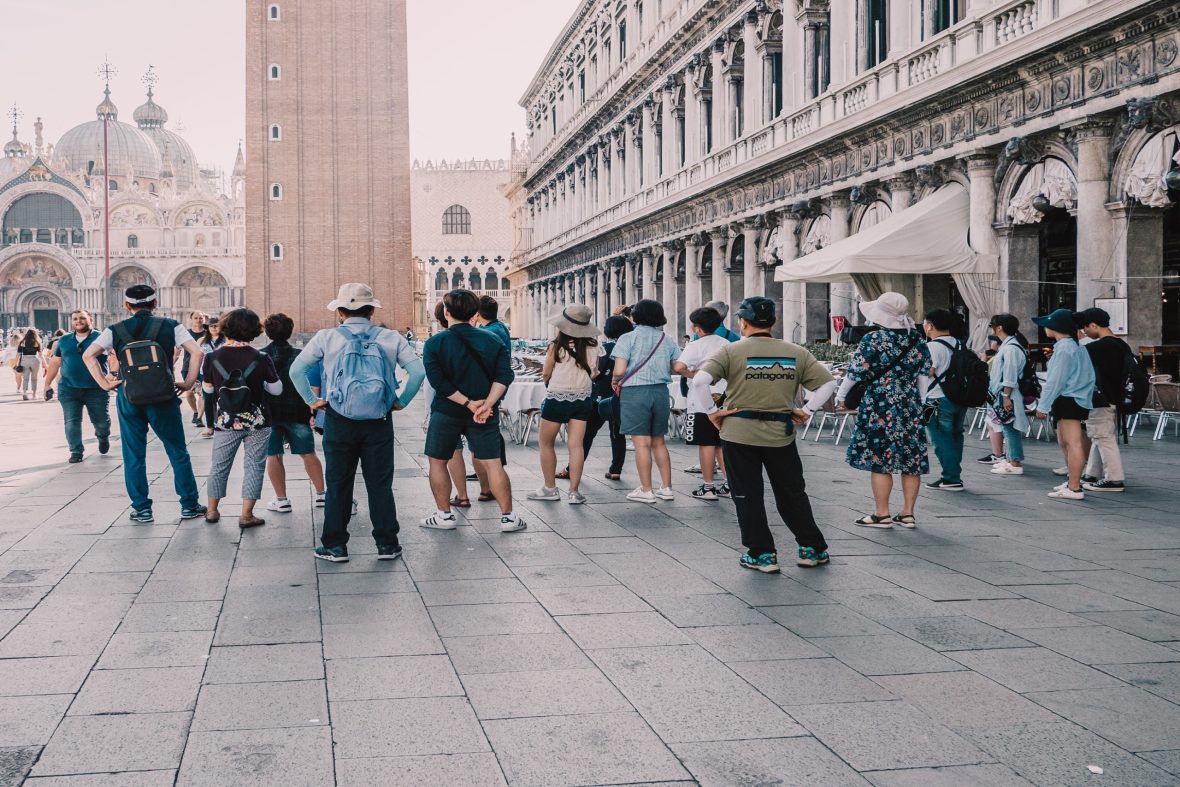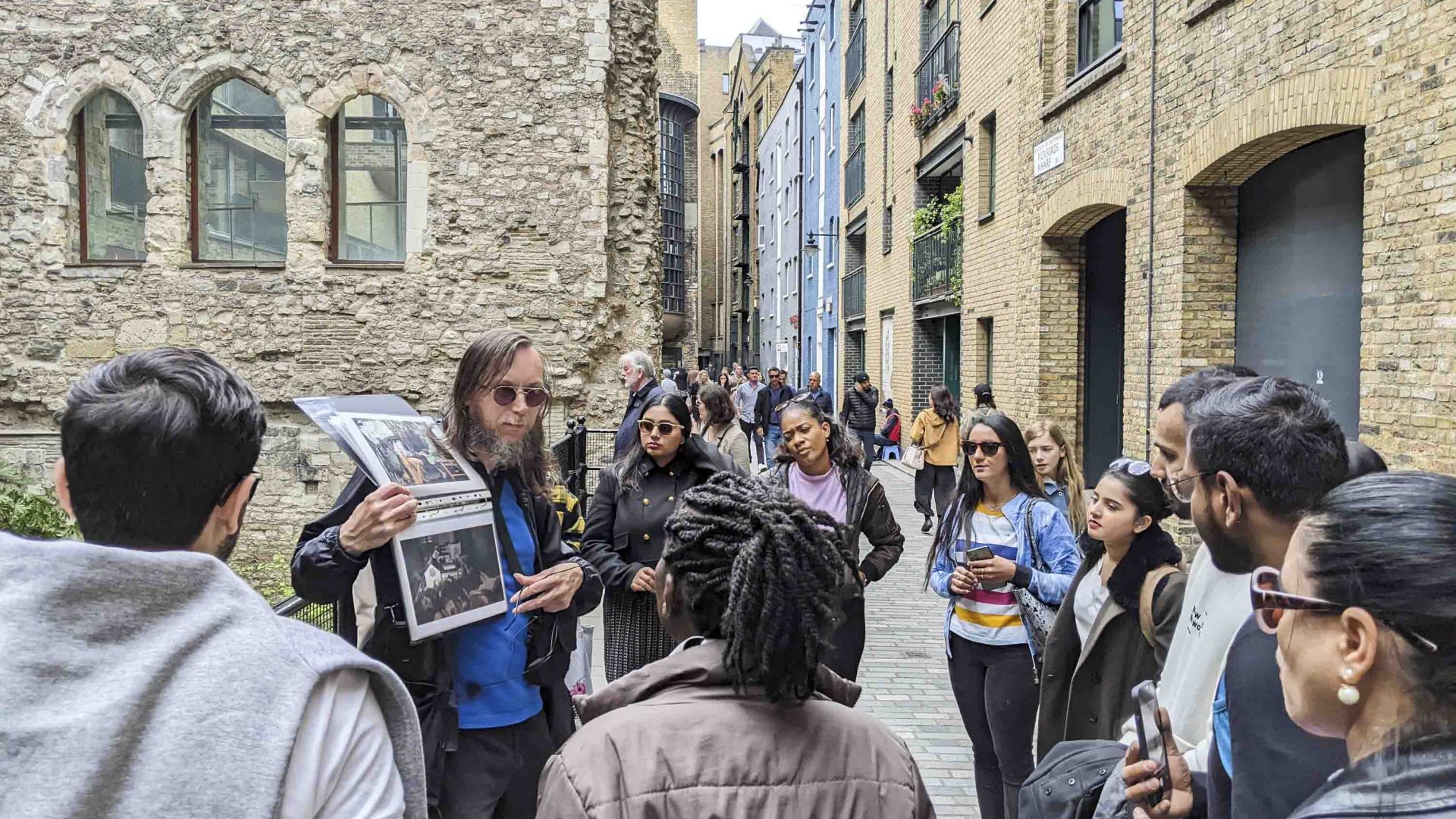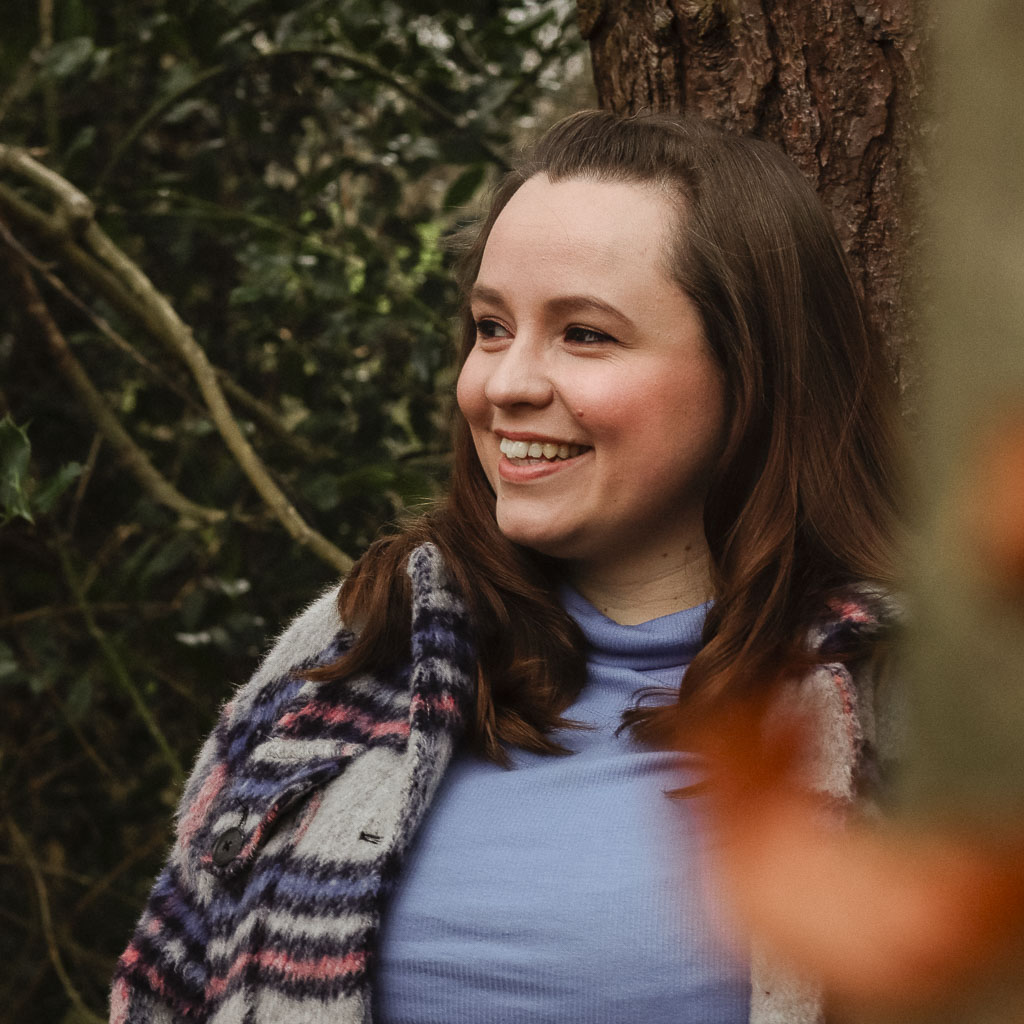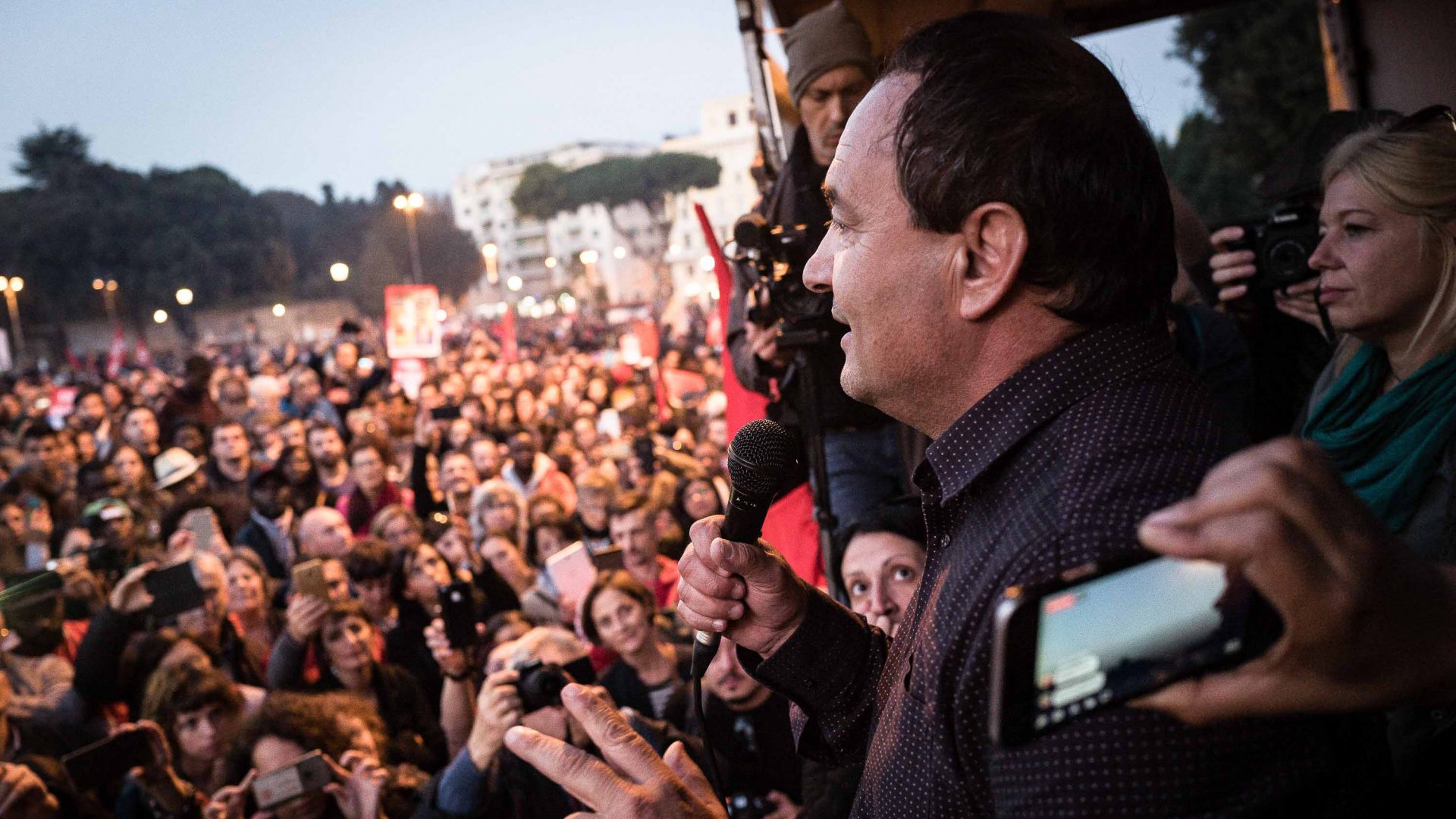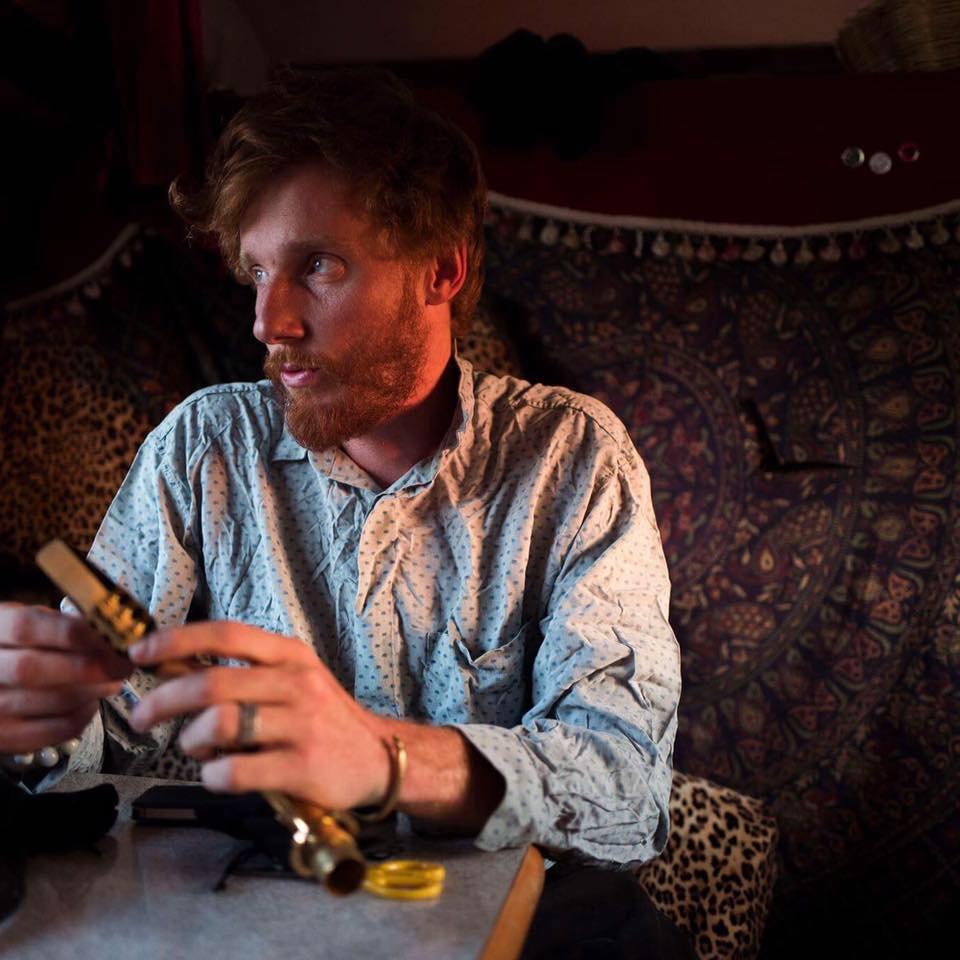Several of our interviewees suggested that their multicultural backgrounds—the fact that they spoke several languages and were open-minded—was an asset. Salma, a Syrian mother-of-two, said that this type of tour could help everyone who takes part to develop deeper connections between groups and refugees, who have a genuine desire to learn through encounters with their tour guests.
Similar initiatives have been developed in other parts of Europe. Refugee Voices Tours has offered refugee-led tours of Berlin since 2015. Migrantour, meanwhile, offers intercultural urban walks in 16 European cities. And in The Netherlands, Pocket Stories organises storytelling-led events and workshops that encourage participants to think about integration as a reciprocal sharing of personal experiences. As the Pocket Stories website puts it, “migrants are not ‘them’ but all of us”.
All these initiatives demonstrate how this kind of experience can combat xenophobia and exploitation. As Marie, a charity worker we interviewed, told us, refugees and asylum seekers talk both about the home they left and the home they’re looking for.
“They’re on the road,” she said. “They tell me, ‘We always live temporary lives.’ The least we can do is make them feel settled.” Our research shows how empowering refugees to tell their stories—and giving them the space to be heard—is an efficient tool for doing just that.
—-
This article is republished from The Conversation under a Creative Commons license. Read the original article.
